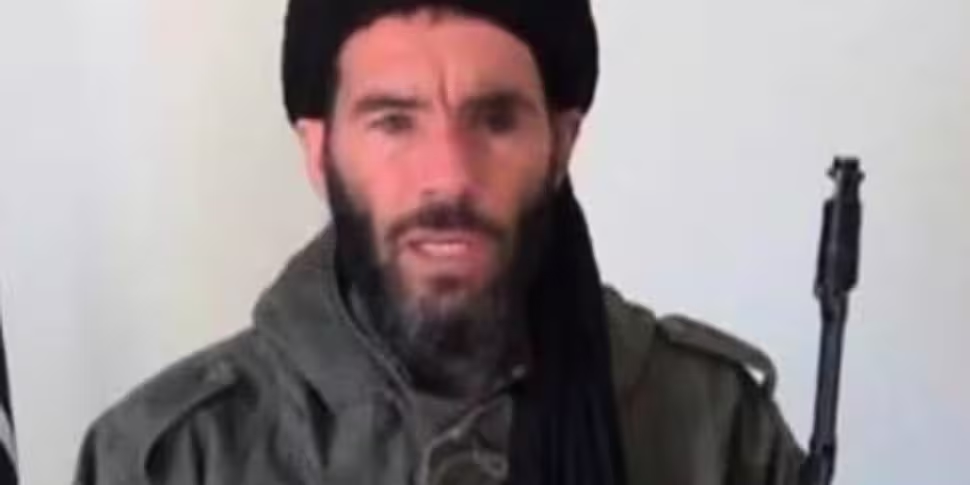One of the world's most wanted terrorists was reprimanded by al-Qaeda for being a bad employee who had failed to carry out a single spectacular operation, a letter has revealed.
In a lengthy and scathing missive, Mokhtar Belmokhtar - the mastermind behind the Algerian gas plant raid - received a ticking off from the leaders of the North African al-Qaeda branch for a number of transgressions.
Among them were listed failures to answer his phone, turn in his expenses reports, attend meetings and carry out orders.
The Algerian-born militant, who claimed he lost an eye in battle and is referred to as 'Mr. Marlboro' because of his cigarette smuggling business, responded to the criticism by quitting and forming his own group.
He went on to plot the siege at the BP In Amenas gas plant in Algeria in January, killing more than 100 people including five Britons, and has claimed to have masterminded the simultaneous bombings at a military base and a French uranium mine in Niger last week.
The 10-page letter dated October 3rd was found by The Associated Press news agency inside a building formerly occupied by al-Qaeda fighters in Timbuktu, Mali.
"A bleeding wound"
It gives a fascinating insight into the internal workings and politics of the highly structured terrorist organisation. It reveals that the breakaway militant stayed loyal to al-Qaeda in the Islamic Maghreb, or AQIM, until last year, and traces the history of their difficult relationship.
The branch's 14-member governing body described their relationship with him as "a bleeding wound," and criticised his plan to resign and start his own group, warning that it "threatens to fragment the being of the organisation and tear it apart limb by limb".
"Your letter ... contained some amount of backbiting, name-calling and sneering," they wrote. "We refrained from wading into this battle in the past out of a hope that the crooked could be straightened by the easiest and softest means ... but the wound continued to bleed, and in fact increasingly bled, until your last letter arrived, ending any hope of stanching the wound and healing it."
And they complained that the last unit they sent him for back-up in the Sahara spent a full three years trying to contact him before giving up.
In December, just weeks after receiving the letter, the militant declared in a recorded message that he was leaving al-Qaeda to form his own group called, Those Who Sign in Blood.
Jean-Paul Rouiller, director of the Geneva Centre for Training and Analysis of Terrorism, compared the recent escalation in attacks to a quarrel between a man and a woman in which each tries to have the last word. "They accused him of not doing something," he said. "His response is, 'I'll show you what I can do'."









